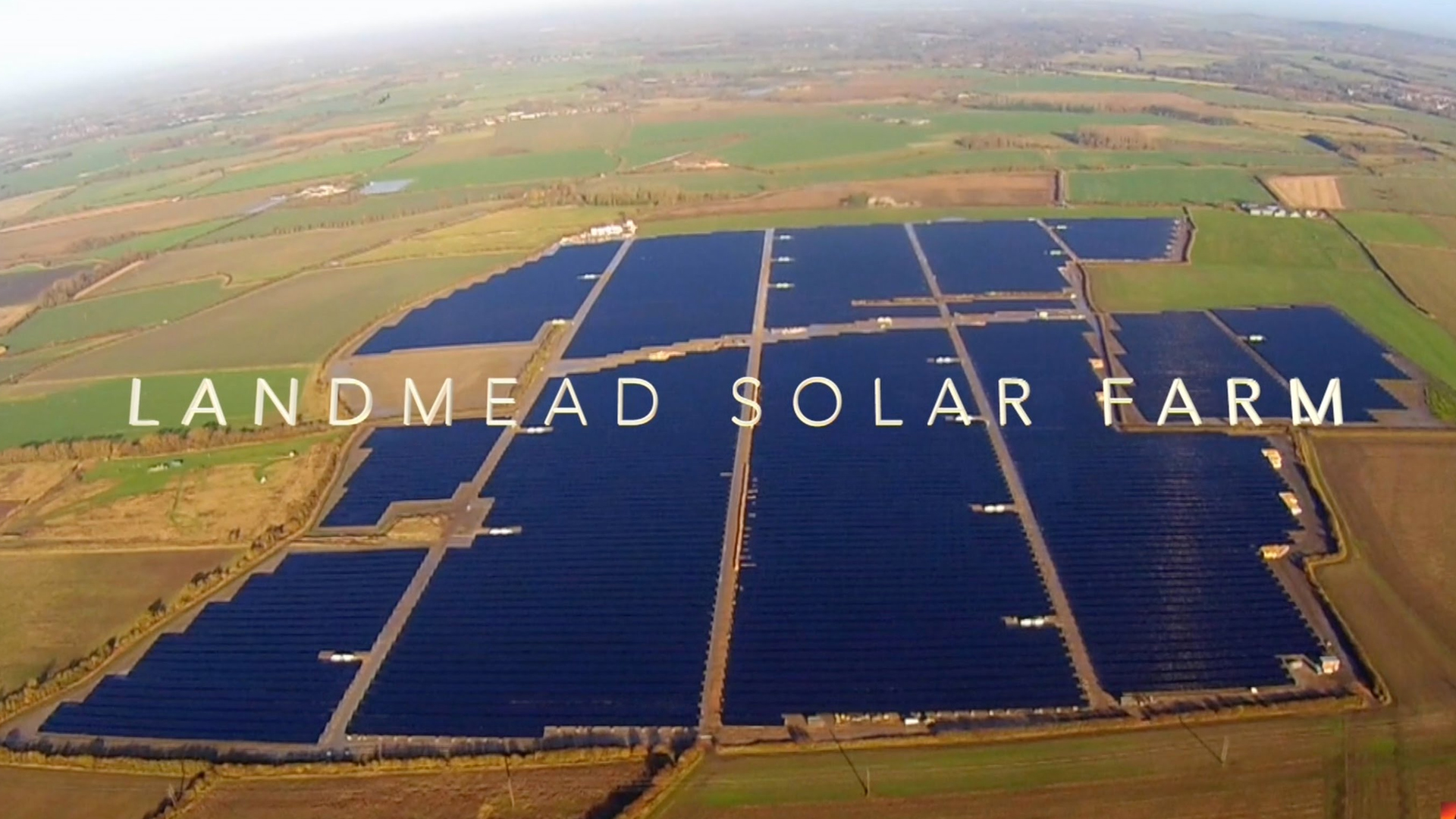DECC Announces Community Based Energy Fund

The number of community owned renewable energy schemes in England is set to increase thanks to a £10 million fund unveiled today by Energy and Climate Change Secretary Ed Davey.
The Urban Community Energy Fund will give community groups in England the opportunity to bid for grants of up to £20,000, or loans of up to £130,000 to help kick-start their projects.
Community groups can reap the benefits of renewable energy by creating "power hubs" in their area. Installing solar panels on local buildings or factories or building an anaerobic digestion plant to create energy from local waste can save whole communities money.
In East Sussex, beer is now being made using the sun's rays after the south east's first ever community energy scheme installed solar panels on Harvey's Brewery. The brewery benefits from lower energy bills, while the community benefits from money back under the Feed in Tariff.
Announcing the funding on a visit to the brewery, Ed Davey said, "I want to give more people the power to generate their own electricity and by supporting community energy projects we can - helping them drive down their energy bills at the same time.
"That's why we've pledged £10 million, so communities can play their part in generating renewable power at a local level. This is all about investing in renewable energy sources, creating jobs and changing the way renewable energy is developed in the UK."
The community energy sector will also see its first major shake-up since the launch of the Community Energy Strategy in January this year.
Community electricity projects will now get further support under the Feed in Tariff Scheme "“ which pays the owners of small-scale renewable generation for the electricity they produce - to get their community energy projects off the ground.
Changes include, for the first time, registered charities will be entitled to the same benefits as other community groups.
Two community projects (or one community project and one commercial project), each up to 5MW, will now be able to share a single grid connection and receive separate Feed in Tariffs.
The FIT will now be guaranteed for an extra six months "“ giving communities more time to get their project up and running.
Welcoming the changes to the FITs scheme, Kathy Smyth, Policy Director of Community Energy England said, "Without risking the integrity of the wider Feed in Tariff scheme, this will stimulate community involvement in larger renewable schemes. It will be a great boost to projects using the split ownership model under the voluntary protocol for Shared Community Ownership, which Ed Davey launched earlier this month."
In addition to the changes, a Register of Community Benefits and Engagement for onshore wind projects has been launched today to help other communities to get the most out of proposed wind developments in their area.
Last month, ethical investment exchange company Ethex found that renewable energy projects are the most popular type of community investment, with £29 million raised for 56 projects since early 2012. The government's support aims to stimulate further community investment into the renewable energy sector and help the UK achieve 15 per cent of its energy consumption from renewable sources by 2020.
The announcements follow the publication of the Shared Ownership Taskforce report on 3 November. The report set out a framework for how developers and local communities can work together to substantially increase the offer of shared ownership of new, commercially developed onshore renewables projects in their area.
The REA has welcomed DECC's confirmation that community groups and commercial developers will be able to share a grid connection for jointly developed renewable electricity projects under the Feed-in Tariff [1]. This effectively doubles the size limit for projects developed in this way. For example, a solar farm 50/50 owned by a commercial developer and a community group can now be up to 10MW in size, instead of the usual 5MW limit.
REA Community Engagement Adviser Gaynor Hartnell said, "This creates a powerful incentive, especially for solar project developers, to co-develop schemes with community groups, in just the scenario Ed Davey envisaged when the Community Energy Strategy was published.
"The two parties could share costs on planning and grid connection and follow the split asset model, as set out by the Shared Ownership Taskforce in its recent report."






























